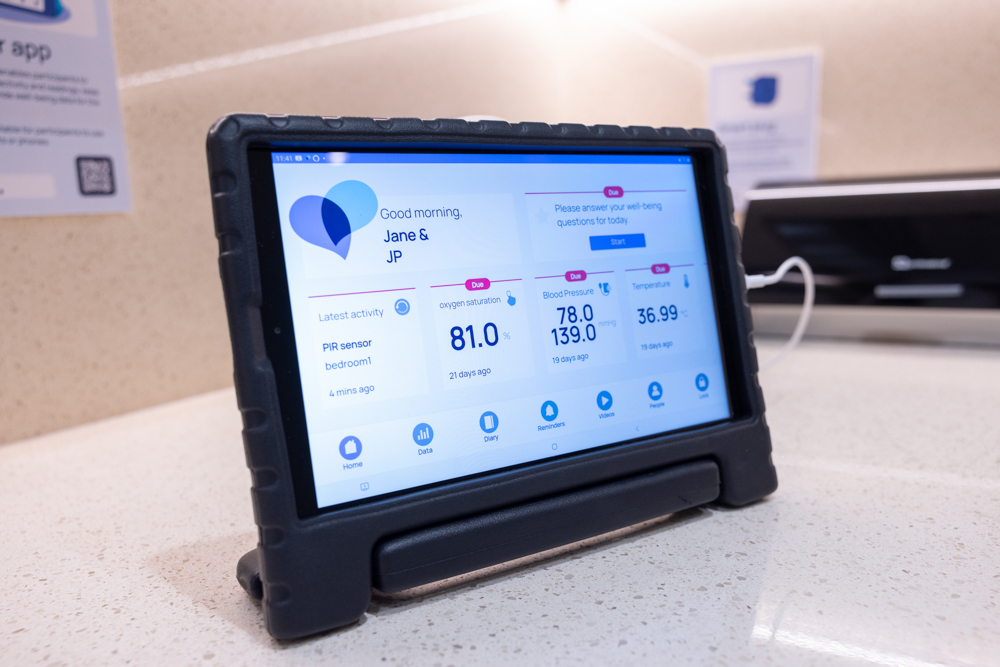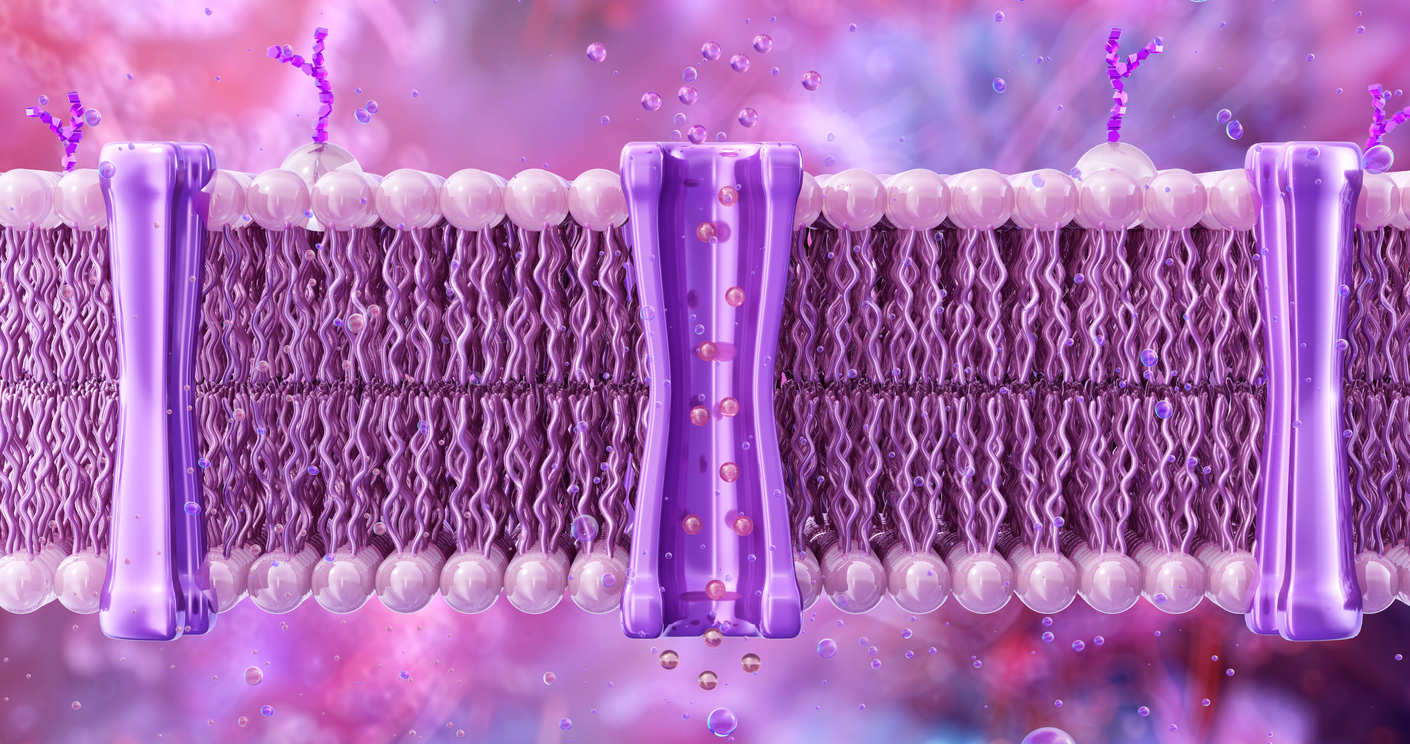News
Filter
-

LifeArc and Genetic Alliance UK launch a new report calling for the acceleration of research and development (R&D) for rare diseases
-

Innovative home monitoring service aims to improve care for patients with dementia
-

LifeArc joins new global initiative to accelerate drug discovery for ALS/MND treatments
-

LifeArc launches first study of Our Future Health data using in-house data science capabilities
-

LifeArc appoints new General Counsel and Company Secretary and Chief Communications Officer
-

LifeArc supports research to develop a quick, affordable blood test for the early detection of dementia
-

LifeArc joins transatlantic collaboration to develop a treatment for Crimean-Congo Hemorrhagic Fever
-

LifeArc joins the REMEDi4ALL Consortium, a pioneering global platform shaping the future of drug repurposing
-

£1 million partnership aims to develop new treatments for congenital muscular dystrophy
-

Tribune Therapeutics raises EUR 37 million for next-generation anti-fibrotic therapies
-

Hillstar Bio closes $67 million Series A financing round
-

LifeArc invests in Maxion Therapeutics Series A

